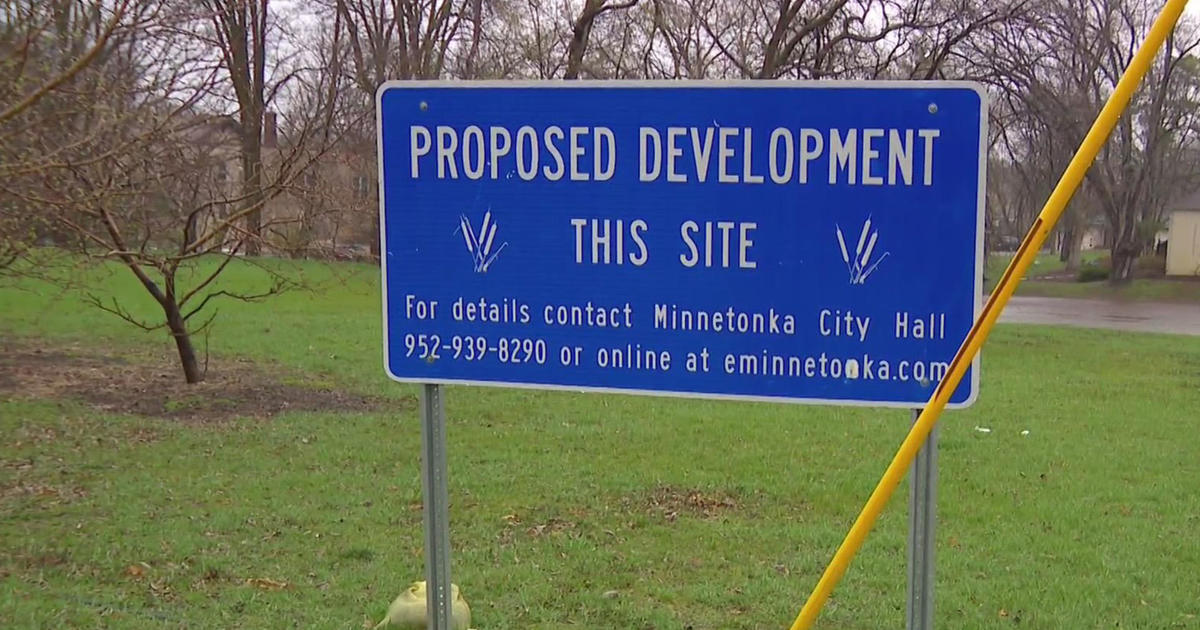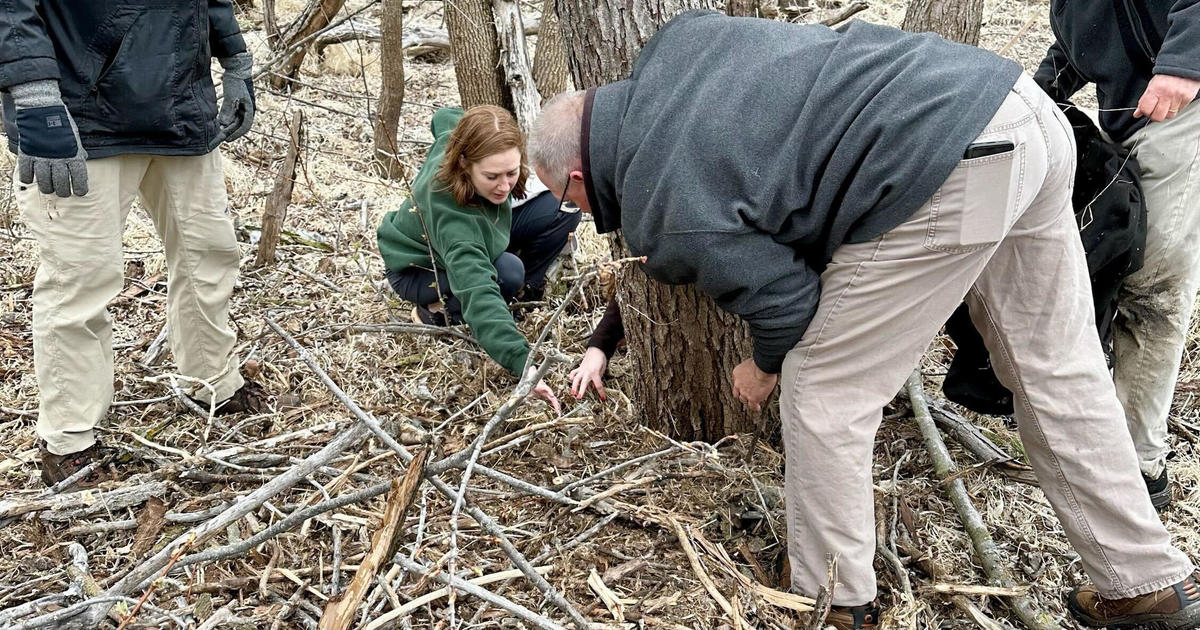Movie Blog: Q&A With 'Your Sister's Sister' Director
Lynn Shelton, the writer-director of Your Sister's Sister, is quick to share credit. She hands her quartet of co-stars -- Emily Blunt, Mark Duplass, Rosemarie DeWitt and Mike Birbiglia -- the rather curious (and prominent) credit "Creative Consultants."
As it turns out, the credit is her acknowledgement that the movie's script, as it were, was the product of improvisation and input from her cast members.
Your Sister's Sister begins with Duplass's character Jack, still evidently unable to cope with the death of his brother Tom even though a year has passed. His best friend Iris (Blunt) offers him a stay at her isolated family cabin to collect his thoughts and try to move forward. Unbeknownst to either, Iris's half-sister Hannah (DeWitt) is staying at the cabin as well, having just broken up with her long-time girlfriend of seven years.
Having just met, Hannah and Jack both get properly plowed the first night and welcome the opportunity to vent their feelings. Their alcohol-accelerated camaraderie eventually gives way to the two sleeping together. When Iris arrives, the interpersonal interactions get all kinds of complicated.
Though it features one or two plot twists more than necessary by the time it wraps up, Your Sister's Sister is still intimate movie making in the best way.
I had the chance to talk with Shelton about her film when she was in town earlier this month. Here are some snippets from our conversation.
-------
Eric Henderson: It's interesting that you're in town here during Pride week because ... first you had Humpday, in which the two straight male characters try to shoot a gay porn movie together, and now this movie. Is mutability of sexuality one of your trademarks?
Lynn Shelton: I mean, I just shot a film that has no "mutability of sexuality," so it's not always going to be there.
EH: It's all rigid lines of sexuality.
LS: Yes, pretty clear cut. But it is something that I admit I get drawn to. And I'll probably get drawn to it again.
EH: You have an interesting credit here. "Creative consultants." Could you explain that?
LS: Well, it's for two reasons. One is because they were writing dialogue on the set. I'd written a 70-page "scriptment" of dialogue with a few scenes just sketched out. They used some of those lines, but the vast majority -- 70 or 80 percent -- of lines were of their own making. I get writing credit because I decide what's going to happen in the movie and beforehand I outlined clearly what was going to happen in the movie ... but I wanted to give them credit. In addition to that, the actors were also invited and asked to engage for months beforehand in the development of their own characters. I wanted them to be able to slip into those characters like a hand into a glove. We also in that process were developing intimacy because we were sharing a lot, sometimes oversharing a lot. And you develop a sense of trust and emotional safety during that development process. It made it feel like our project, and not just my project.
EH: One of the major themes I thought was so well done between the two female characters was the way that siblings can sort of hurt each other without meaning to really hurt each other.
LS: Nobody can push your buttons like your siblings can. There's that incredible temptation to do it just because you can. (Laughs) You can get away with it, but as soon as you do it you realize, "What did I just do? I've just ruined everything"
EH: "Of all the people I could've done that to, why did I do it to her?"
LS: I love how at the dinner there's this button pushing [by Iris, who in the film is shown as insensitive to Hannah's gluten-free diet], but the next day at breakfast, [Hannah] makes this disaster and they are on their best behavior. So it's used as this way to show what the dynamics between those characters are at that moment. When I pitched this project to Emily -- who I thought was a total shot in the dark -- how she would participate in creating the character and how there would be improvisation, she said "I've been thirsting to do a movie like this, to have a project where you're fully a partner."
EH: In contrast to that, you've also directed an episode of Mad Men. I can think of no other show that's such a strongly controlled environment, so orchestrated and meticulous.
LS: Well, the visual style is ... there's no handheld (camera), let's put it that way. It is definitely word-perfect. You're sticking to the script. But the standard is high for naturalism. Matthew Weiner, the creator, really wants those characters to live and breathe on the screen. Even though it feels stylistically buttoned-up, he wants people inside of those confines to be real people.
EH: Looks like Sirk, feels like mumblecore.
LS: Exactly, which is I think why I got the job. I wasn't expected to bring improv to the set. I was just there to get the naturalistic performances from the actors. It was incredibly collaborative. It was fantastic. The crew and the cast are so smart and so creative and talented, and I loved working with them. That entire crew, as devoted as I am to mine, I would kidnap them in a heartbeat to make a movie. I loved doing it. I would love to do more TV.



